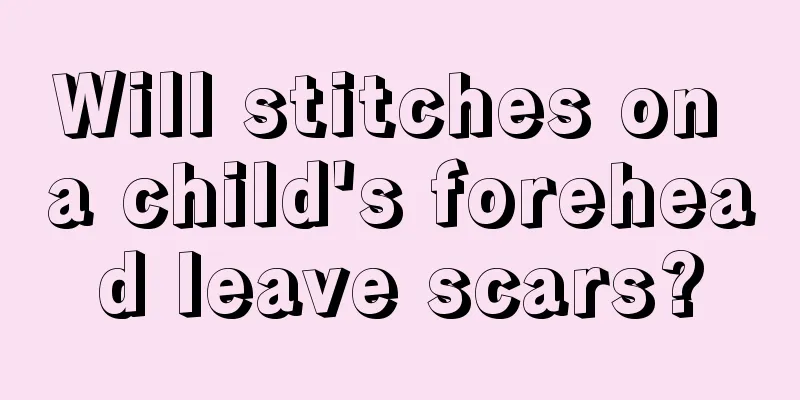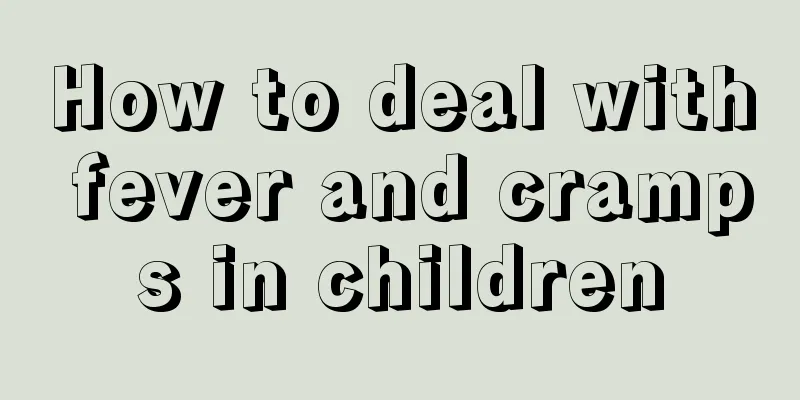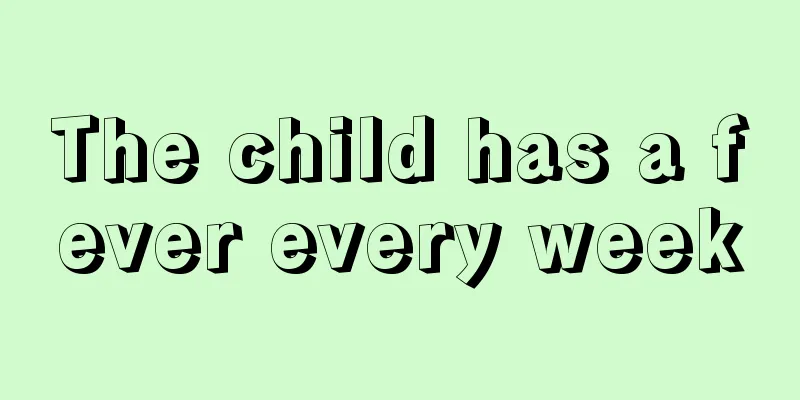Is it normal for a 2 year old baby to drool?

|
It is a normal physiological phenomenon for babies to drool during their growth process. As the child grows gradually, this situation will be greatly improved. However, in real life, many babies still drool when they are almost two years old, which makes their parents very worried and they want to know whether it is a normal phenomenon. So, is it normal for a 2-year-old baby to drool? Let’s take a closer look below. It is actually quite normal for babies to drool. When children start to grow teeth, they drool the most, especially when the deciduous teeth emerge. This stimulates the nerves on the gums, and the salivary glands are also stimulated, causing secretion to increase reflexively. Babies under 3 months old rarely drool. When they are three or four months old, their salivary glands gradually mature and they produce more saliva. Some babies grow teeth early, and when they are fed rice cereal, the secretion of the salivary glands is stimulated. As the salivary glands develop, more and more saliva is produced. However, the child's oral cavity is relatively shallow, and the swallowing function is not very perfect, so all the saliva cannot be swallowed. As a result, some saliva will flow out of the mouth, causing drooling. Due to individual differences in the development of each baby, some babies may not drool until they are 2 years old, when their swallowing and chewing movements and central nervous system are further improved. Mothers can use a straw to drink water or blow up a balloon to train their children's oral muscle contraction ability. In addition, the baby's drooling may be related to the mother's incorrect way of adding complementary foods. Babies need to go through the process of chopping with their incisors, chewing with their gums, and grinding with their molars to gradually transition to an adult diet. Therefore, babies should be allowed to transition from mushy food to semi-solid food and finally to solid food. Never think that the baby is still young and keep giving him porridge or other mushy food, as this is not conducive to the training of the child's swallowing and chewing abilities. Timely exercise your baby's chewing and swallowing ability: When the baby has adapted to mushy food after 7-8 months, you can give him some slightly harder food such as toasted steamed bread slices and teething biscuits to let him practice chewing and gradually adapt to solid food. When first practicing chewing, food such as biscuits and steamed bread slices should be broken into small pieces before feeding them to children. At first, the child may hold the food in his mouth and then spit it out. Don't be discouraged at this time. Encourage the child to practice repeatedly. Adults can also demonstrate. After many practices, the child will master the key points of chewing food. It is important to note that you should not feed your child round and hard foods such as peanuts and soybeans to prevent them from accidentally inhaling them and causing suffocation and other dangers. In addition, drooling is also a major symptom of pediatric oral inflammation and herpetic pharyngitis. Mothers can check whether there is herpes in the baby's mouth and whether the child is eating normally. It is also important to let children develop correct eating habits. They should not go to bed immediately after meals, eat too much before going to bed, or eat greasy, sticky or other indigestible foods. They should rinse their mouths and brush their teeth after meals. They should not do strenuous activities or overuse their brains before going to bed to avoid drooling. The above is an introduction to whether it is normal for a 2-year-old baby to drool. I hope it will be helpful to parents. Generally speaking, it is normal for a two-year-old child to drool. The key at this time is to cultivate a good lifestyle for the child and pay attention to his daily diet, especially when going to bed, not going to bed too late, or engaging in strenuous exercise, which can effectively prevent it. |
<<: What are the dietary treatments for constipation in children?
>>: What should I do if my child doesn't cough during the day but coughs at night?
Recommend
There is a soft bump on the baby's head after normal delivery
There are generally two ways of delivery: natural...
Solution to mycoplasma infection in three-year-old babies
Most of my friends have babies. It seems so hard ...
What to do if your child has a stuffy nose and snores? Mom has a solution
It is very common for children to have colds and ...
What foods can children eat to grow taller
Whether a child grows taller or not has a lot to ...
What are the diagnostic criteria for anemia in newborns?
The physical health of a newborn is what the fami...
Reasons for August baby grinding teeth
For young people who have just become parents, so...
How many months does it take for a newborn baby to have teeth?
At what month is the latest for a newborn baby to...
What to do if your child is picky about food
Children being picky eaters is quite painful for ...
What to do if your child walks late
Whether a child's growth and development is n...
Is the baby's frequent straining caused by brain hypoxia?
When babies are growing up, they will like to do ...
Why does my baby itch when sleeping at night?
The baby's life is an issue that we need to f...
How does acrodermatitis develop in children?
If a child suddenly develops redness and swelling...
What to do if your child's face is bruised
Children are active by nature and may bump into t...
What are the dangers of intravenous infusion in children?
For many diseases of the body, people generally c...
What to do if a child has a high fever of 39 degrees
Children's health is what mothers are most co...









